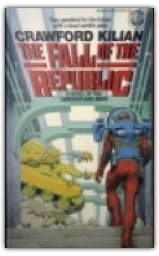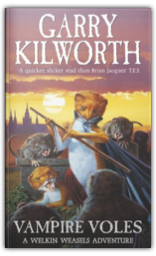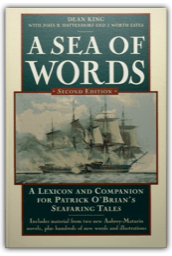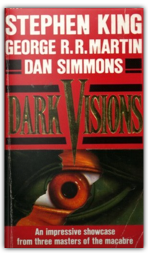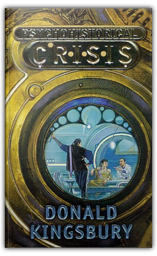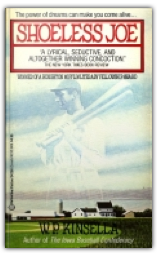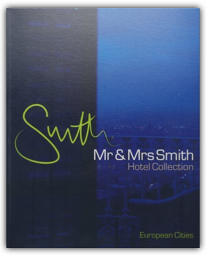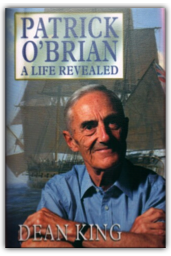 Patrick O'Brian
Dean King
Patrick O'Brian
Dean King
It is a story as fascinating as anything in one of Patrick O'Brian's much-acclaimed nautical adventures. Who was the man himself? Those who have avidly consumed such superb novels as Master and Commander and Treason's Harbour will find Dean King's Patrick O'Brian: A Life Revealed not only an authoritative guide to his work, but a tale of intrigue quite as beguiling as anything in the master's oeuvre. Initially commissioned as a modern-day successor to CS Forester (with a brief to inaugurate a series to rival the Hornblower books), O'Brian's chronicles of the Royal Navy during the Napoleonic Wars steadily grew into a saga far richer and more ambitious than its inspiration, and the author became a source of intense interest. O'Brian, though, was highly secretive (his editor warned "Patrick will make you feel odious and wormlike if you look into his private life"), and the terse version of his CV that he produced for public consumption intrigued King (an established authority on nautical literature and history, as well as on O'Brian himself), and he began to dig beneath the carefully constructed public persona. What he found went far beyond such discoveries as the fact that O'Brian was not Irish (as most readers believed) and that his career had taken a considerably different trajectory from that he had presented his interviewers with. And just how much of the author was in his heroes? 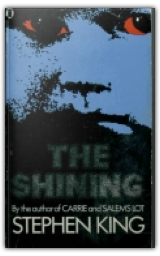 The Shining
Stephen King
The Shining
Stephen King
Ghostly bursts of plaster dust. A low, rhythmic sound in the background: Red rum-RED RUM-red rum-RED RUM. A sense of something evil swirling inward on itself, like a whirlpool of black ectoplasmic energy. The experience of being inside the actual consciousness ("come out and take your medicine!") of a frightened little boy. Echoes of Shirley Jackson ("whatever walked there, walked alone"), of Poe's Masque of the Red Death and of creepy folk tales (Hansel and Gretel). 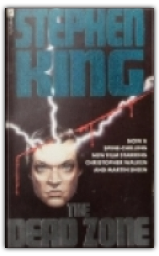 The Dead Zone
Stephen King
The Dead Zone
Stephen King
If any of King's novels exemplifies his skill at portraying the concerns of his generation, it's The Dead Zone. Although it contains a horrific subplot about a serial killer, it isn't strictly a horror novel. It's the story of an unassuming high school teacher, an Everyman, who suffers a gap in time—like a Rip Van Winkle who blacks out during the years 1970-75—and thus becomes acutely conscious of the way that American society is rapidly changing. He wakes up as well with a gap in his brain, the "dead zone" of the title. The zone gives him crippling headaches, but also grants him second sight, a talent he doesn't want and is reluctant to use. The crux of the novel concerns whether he will use that talent to alter the course of history. 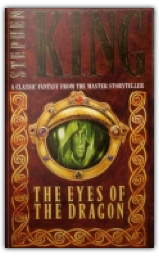 The Eyes of the Dragon
Stephen King
The Eyes of the Dragon
Stephen King
A kingdom is in turmoil as the old king dies and his successor must do battle for the throne. Pitted against an evil wizard and a would-be rival, Prince Peter makes a daring escape and rallies the forces of Good to fight for what is rightfully his. This is a masterpiece of classic dragons-and-magic fantasy that only Stephen King could have written! |
 Made with Delicious Library
Made with Delicious Library
London, State zipflap congrotus delicious library Scott, Mike
